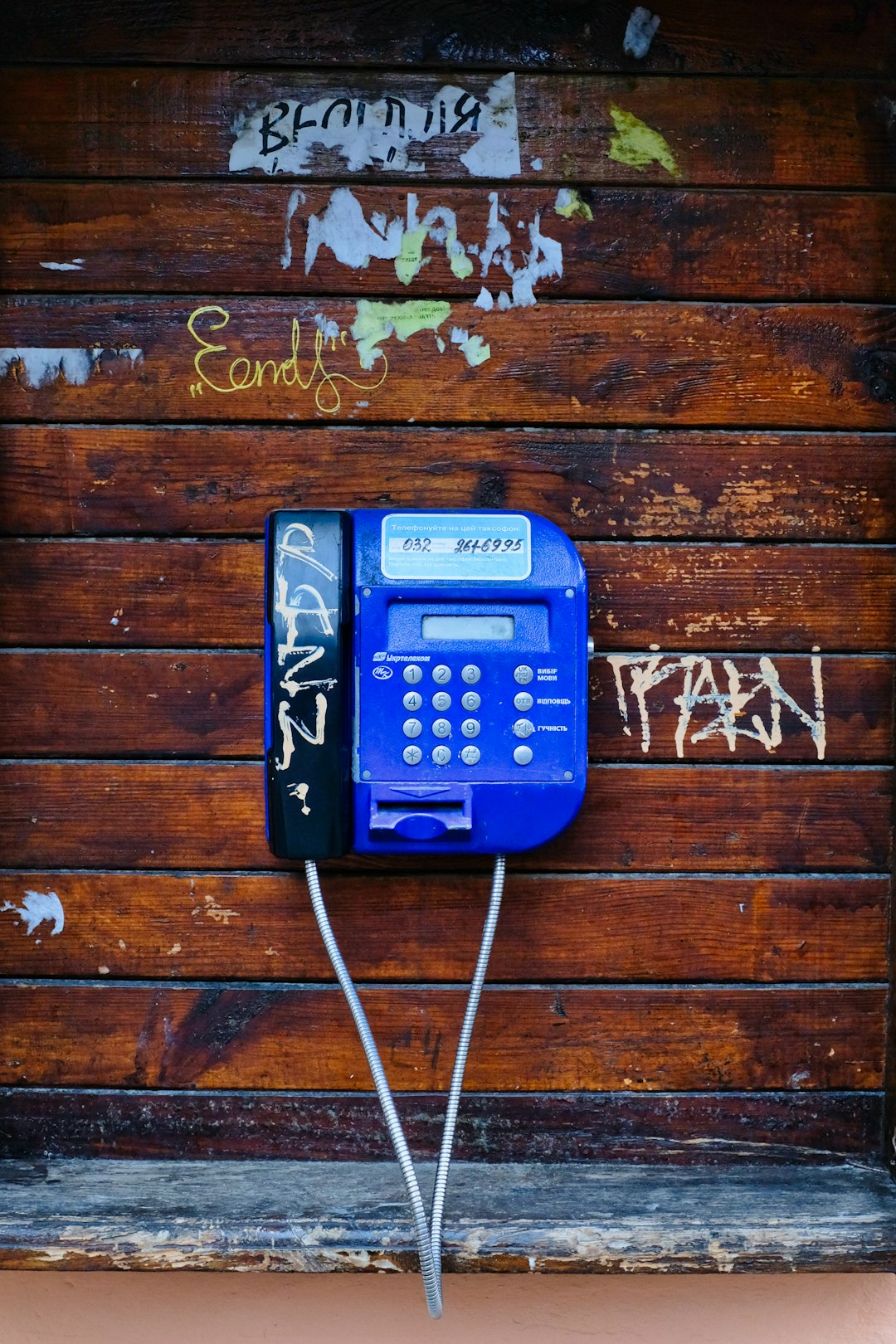In New Mexico, "No Call Laws" protect consumers from unwanted telemarketing calls and texts by allowing residents to register on the state's Do Not Call list. Blockchain technology further enhances privacy by securely storing call records on decentralized databases, making it nearly impossible for unauthorized access or misuse by telemarketers. Adopting blockchain in Albuquerque can revolutionize consumer protection under No Call Laws, ensuring data integrity, streamlining compliance checks, and deterring fraud, ultimately fostering trust and respecting individual privacy.
In Albuquerque, as across New Mexico, consumer protection against unwanted phone calls is crucial. This article explores how blockchain technology can revolutionize this area by enhancing data privacy and transparency, particularly regarding No Call Laws. We delve into the potential of blockchain to secure consumer data, facilitate transparent communication, and mitigate fraudulent practices, offering a promising path forward for consumer safety in the digital age. Understanding No Call Laws in New Mexico from a consumer’s perspective sets the stage for examining blockchain’s transformative role.
Understanding No Call Laws in New Mexico: A Consumer's Perspective

In New Mexico, No Call Laws are designed to protect consumers from unwanted phone calls, particularly from telemarketers. These laws give residents the right to refuse incoming marketing calls and texts, offering a layer of privacy and peace of mind. As a consumer in Albuquerque, understanding your rights under these regulations is essential. By registering on the state’s Do Not Call list, you can ensure that your personal information is not shared and that you receive fewer intrusive sales calls.
This simple step empowers individuals to take control of their communication preferences. With blockchain technology, consumers can further enhance their privacy. Decentralized systems enable secure data management, ensuring that no call records are stored in a centralized database, thus reducing the risk of unauthorized access or misuse of personal information by telemarketers.
Blockchain Technology: A Revolutionary Approach to Data Privacy

Blockchain technology is revolutionizing data privacy, offering a robust and transparent solution that can significantly enhance consumer protection in Albuquerque and beyond. At its core, blockchain is a decentralized digital ledger that records transactions across multiple nodes, making it nearly impossible for unauthorized access or alterations. This feature ensures that consumer data, such as personal information and financial records, remains secure and private.
In the context of New Mexico’s No Call Laws, blockchain can play a pivotal role in ensuring compliance and empowering consumers. By implementing blockchain-based systems, businesses can store and manage customer opt-out preferences securely. This means that a consumer’s choice to opt out of sales calls or marketing messages is accurately recorded and respected, reducing unwanted communications and enhancing the user experience.
Enhancing Consumer Protection: How Blockchain Can Help

Blockchain technology has the potential to revolutionize consumer protection, offering a secure and transparent system that can address many issues faced by consumers in Albuquerque and across New Mexico. One significant area where blockchain can enhance protection is in implementing and enforcing No Call Laws. By creating an immutable record of consent and call history, blockchain ensures that businesses adhere to privacy regulations and prevents unwanted calls.
Additionally, blockchain’s distributed ledger technology provides a secure and tamper-proof way to store consumer data, reducing the risk of fraud and identity theft. This is particularly useful in a digital age where personal information is often targeted by cybercriminals. With blockchain, consumers can have greater control over their data, ensuring that their privacy is respected and that any transactions or interactions are recorded honestly.
Implementing Blockchain for Transparent Communication in Albuquerque

In Albuquerque, implementing blockchain technology has the potential to revolutionize consumer protection by enhancing transparency in communication. Blockchain, known for its secure and immutable ledger system, can ensure that every transaction and interaction is recorded and accessible to all parties involved, thereby reducing instances of fraud and miscommunication. This is particularly relevant in addressing No Call Laws in New Mexico, where consumers often face challenges in verifying the authenticity of calls they receive, leading to unwanted solicitations.
By leveraging blockchain, Albuquerque can create a decentralized system where every call or message is encrypted and stored on a public ledger. This ensures that any attempt to alter or manipulate data would be immediately detectable, fostering trust among consumers. Moreover, smart contracts integrated with blockchain can automate compliance checks, ensuring businesses adhere to No Call Laws, and providing consumers with the peace of mind that their privacy is respected.
Benefits and Challenges: The Road Ahead for Blockchain-Based Consumer Safety

Blockchain technology, with its promise of transparency and security, offers significant potential for enhancing consumer protection in Albuquerque and beyond. One of the key benefits is its ability to streamline dispute resolution processes, particularly in sectors like financial services and e-commerce. By creating an immutable record of transactions, blockchain can help prevent fraud, reduce identity theft, and support consumers in navigating complex legal frameworks, such as No Call Laws in New Mexico. It enables traceable and verifiable interactions, empowering individuals to assert their rights more effectively.
However, the road ahead is not without challenges. Implementing blockchain-based consumer safety measures requires substantial investment in infrastructure and education. Privacy concerns, especially regarding personal data stored on decentralized networks, must be carefully addressed. Additionally, regulatory clarity is essential to ensure that the unique aspects of blockchain integration align with existing laws, including No Call Laws in New Mexico. Overcoming these challenges will be crucial for unlocking the full potential of blockchain as a transformative force in consumer protection.






